Lessons in Leadership: Scaling a Business the Right Way
Unlocking Success in Business and Finance: Resilience, Leadership, and Innovation
Episode Summary
In this episode of the Building in Public Podcast, I sit down with Graham Davies, founder and CEO of Addition Finance.
From dreaming of a career in professional rugby to reshaping the landscape of finance for startups and SMEs. The discussion covers lessons learned from both sports and business, the challenges of scaling a company, and the importance of technology in modern accounting.
Graham’s candid reflections provide invaluable insights for entrepreneurs navigating the complexities of leadership, growth, and innovation in today’s B2B market.
If you’re looking for actionable advice and real-world examples of business resilience, this episode is a must-listen.
Guest Profile
Name: Graham Davies
Title: Founder & CEO of Addition Finance
Background: Graham’s professional journey began with a pivot from his dream of professional rugby to the world of finance. His passion for automation and innovation shaped his career as he transitioned from traditional accounting roles to becoming a portfolio CFO.
Now, as the CEO of Addition Finance, Graham leverages his experience to deliver tech-enabled financial solutions that empower startups and SMEs.
Key Takeaways (this is an AI generated summary)
How did Graham’s early passion for sports influence his business mindset?
Graham’s experiences on the rugby field and later in rowing taught him invaluable lessons about perseverance, teamwork, and discipline.
Resilience: Whether facing setbacks in sports or challenges in business, Graham emphasised the importance of “just showing up.” He likens tough weeks in business to rigorous rowing training, saying, “Just do the training,” even when motivation wanes.
Teamwork: Rugby and rowing instilled a deep appreciation for collective effort. In both sports, success relies on every individual executing their role perfectly—a principle that translates seamlessly to building and leading business teams.
Adaptability: These lessons not only prepared Graham for a successful finance career but also for the unpredictable nature of entrepreneurship. His ability to pivot and overcome obstacles reflects the mindset he cultivated through years of competitive sports.
What are common mistakes startups make with their finances?
Drawing from his years as a CFO and portfolio CFO for startups, Graham identified recurring issues that can derail early-stage businesses:
Lack of Financial Reporting: Startups often overlook the importance of accurate and timely data, making it difficult to gauge performance or make informed decisions.
Growth at All Costs: Venture-backed startups sometimes prioritise rapid expansion without considering whether their spending is generating meaningful returns. Graham cautioned against the "spend it because we’ve raised it" mentality, sharing examples of businesses that deployed capital inefficiently and struggled to raise subsequent funding.
Neglecting Efficiency: Graham champions the importance of tracking the ROI of every expense. He urges startups to experiment with small budgets and validate their models before scaling up.
What lessons did Graham learn transitioning from CFO to CEO?
The shift from managing finances to managing people brought new challenges and opportunities:
Building a Team: As a CFO, Graham focused on numbers and processes. As a CEO, his priority became hiring the right people, aligning them with the company vision, and empowering them to succeed.
Over-communication: Early in his CEO journey, Graham assumed that once something was communicated, it would naturally stick. He learned that leaders must reinforce key messages repeatedly to ensure alignment.
Empathy and Patience: Coming from a systems-driven background, Graham had to develop greater empathy and adaptability when working with people, recognising that business success hinges on team cohesion and morale.
What challenges do businesses face when scaling?
Scaling requires founders to shift their focus from doing to delegating, a process that is both rewarding and difficult:
Letting Go: Founders often struggle to trust others with tasks they used to handle themselves. Graham shared how hiring the wrong people early on reinforced his instincts to micromanage, a habit he had to overcome to focus on strategic leadership.
Professionalising the Business: Graham emphasised the need to formalise processes and structures, such as creating employee growth plans and bringing in specialised leaders to handle key areas like technology, operations, and customer success.
Balancing Speed with Strategy: He warned against rushing growth without a clear plan, noting that sustainable progress comes from aligning people, processes, and vision.
What’s next for Addition Finance?
Addition Finance is on the cusp of a major technological breakthrough, with plans to launch fully autonomous bookkeeping features in early 2025. Graham shared his vision for the company’s future:
Empowering SMEs: By combining automation with high-quality service, Addition aims to level the playing field for startups and small businesses, providing them with tools once reserved for large corporations.
Global Impact: Starting with the UK market, Addition aspires to expand globally, making advanced financial management accessible to businesses of all sizes.
Chapters and Time Stamps
[00:00] – Welcome and Introduction
David welcomes Graham and sets the stage for an insightful discussion.
[00:30] – Graham’s Journey to Entrepreneurship
From an aspiring rugby player to an innovator in finance, Graham shares his career evolution.
[07:25] – Lessons from Sports
Graham discusses how rugby and rowing shaped his approach to teamwork and resilience.
[10:40] – Common Financial Mistakes in Startups
Insights into the pitfalls startups face and the importance of efficient financial planning.
[20:55] – Transitioning from CFO to CEO
Graham reflects on the challenges and learnings from stepping into a leadership role.
[35:48] – The Role of Marketing and Brand
A deep dive into brand-building strategies for SMEs and the importance of data-driven decisions.
[44:52] – What’s Next for Addition Finance?
Graham outlines plans for groundbreaking financial technology to disrupt traditional accounting.
About the Podcast
The Build in Public Podcast is a platform for entrepreneurs and innovators to share their journeys, offering insights into the challenges and triumphs of building businesses.
Hosted by David Ellis, the show emphasises authenticity, actionable advice, and real-world strategies for B2B Growth!
